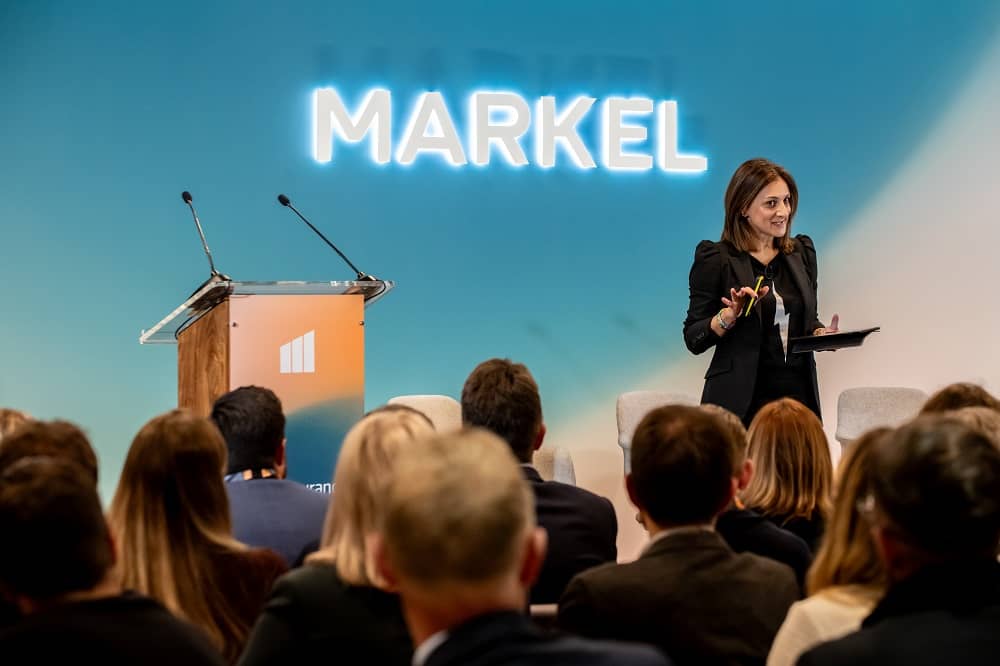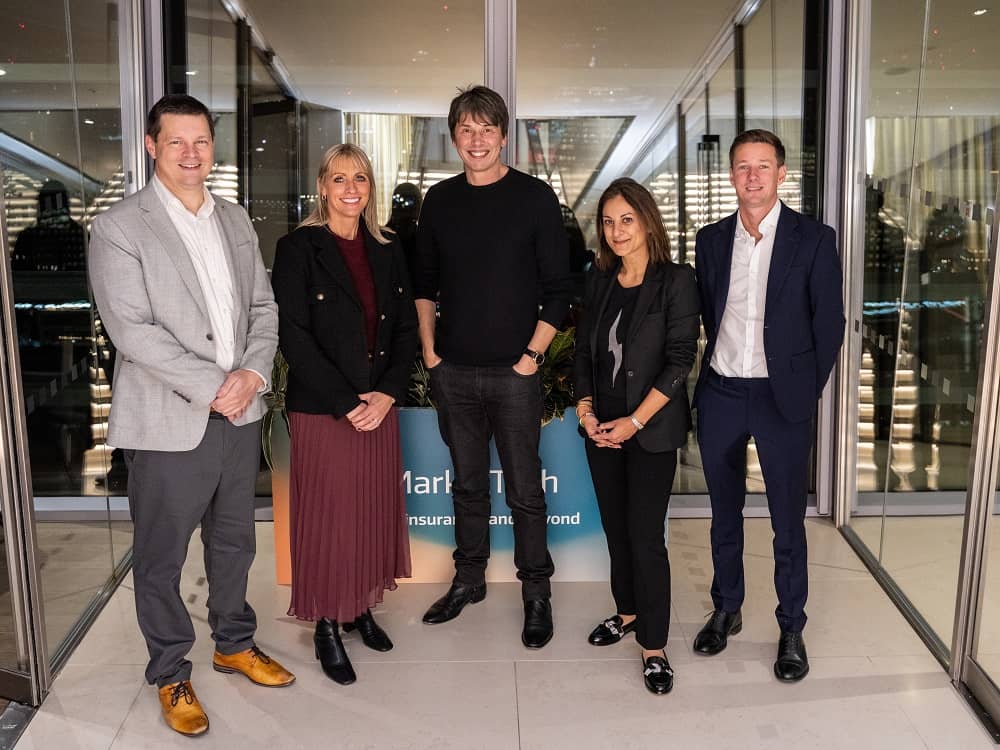The UK’s space sector is set for rapid growth, and will soon be part of our wider technology ecosystem, predicts Professor Brian Cox. But there are risks associated with it too.
Humans could be living on Mars in our lifetimes, suggests the physicist Professor Brian Cox. “Mars is the only planet we can ever hope to even visit,” he says. “It’s interesting because it has everything you need to support a civilisation.”
This is already creating business opportunities. SpaceX is planning to launch a number of uncrewed missions to the planet when the next Earth-Mars transfer window comes round in November 2026, and its CEO Elon Musk wants to send crewed flights to Mars in 2028.
Cox, who is professor of particle physics in the School of Physics and Astronomy at the University of Manchester and the Royal Society Professor for Public Engagement in Science, believes this may be optimistic but points to the rapid growth of the space sector as evidence of just how quickly things are moving.
“The standard number quoted is annual growth of around 9 percent a year,” he says. “That’s around double the rate of GDP growth, and it’s been enabled by reusable rockets. The cost to launch missions is now much lower. With Blue Origin, there are two companies that could launch crewed missions to Mars in the next few years.”
One economy
Cox also believes the space sector should not be seen as separate from our more earthly activities. “The separation between space and tech is artificial, because we’ve already industrialised it,” he says. “It should be considered as an extension of the economy, as GPS, observation and communication are obviously part of the economy.
The separation between space and tech is artificial, because we’ve already industrialised it.
“It’s thought, for example, that we can craft or manufacture silicon wafers with higher purity and better silicon in microgravity than on the ground. In future, some of the products that companies make will be developed in space. It will become part of the manufacturing chain, as well as the information chain with communications. It’s probably the case that tech and space are going to be the same thing in the not-too-distant future.”
Inherent risks
Operating in space, though, inherently comes with a high level of risk, not just for organisations that launch missions but for those on Earth which rely on infrastructure based in space. Solar flares, for instance, are powerful explosions on the sun that can emit energy, light and high-speed particles into space, and can release as much energy as a billion hydrogen bombs.
“They can be extremely damaging,” says Cox. “They happen quite often but they rarely hit the Earth.” He points to the Carrington Event in 1859, which was the most intense geomagnetic storm in recorded history and sparked fires in telegraph stations: “If that happened again, it would be a serious problem for our infrastructure in orbit.”
We are able, though, to anticipate events through space weather forecasts. “We monitor solar flares, so we can respond by turning satellites off or powering them down, and understand that power grids may be at risk,” says Cox. “Astronauts can go into shelters on the International Space Station. There’s a lot of work going on to better understand space weather.”
When it comes to the discussion of complex life forms, Cox believes it’s probable that we are the only one out there – and that the existence of UFOs is unlikely. “It’s a serious area of study but we haven’t found any evidence,” he says. “You only need one civilisation to become multi-planetary and interstellar, which we will do in the next few centuries if we don’t wipe ourselves out. Then you’re essentially immortal.”
In the meantime, for tech risks on earth, the dynamic nature and growth of the UK tech sector presents both opportunities and challenges for businesses operating in tech. MarkelTech can help brokers navigate these challenges by offering insurance solutions that address the unique risks associated with the sector, ensuring their clients are well-protected and positioned for success in this dynamic industry.
Related articles
-

UK hits ‘peak-tech’
The UK is a mature technology landscape and offers an attractive location for start-ups, says technology journalist Sasha Qadri. But more needs to be done to encourage firms to scale up.
-

UK’s thriving tech sector presents growth opportunity for brokers
The UK’s tech sector is thriving, but businesses need additional support around tax, legal advice and cyber protection to flourish.
-

Countering the cyber threat
The rise of cyber-attacks means businesses of all sizes are at risk. Having specialist insurance can help ensure they recover quickly should they be affected.


